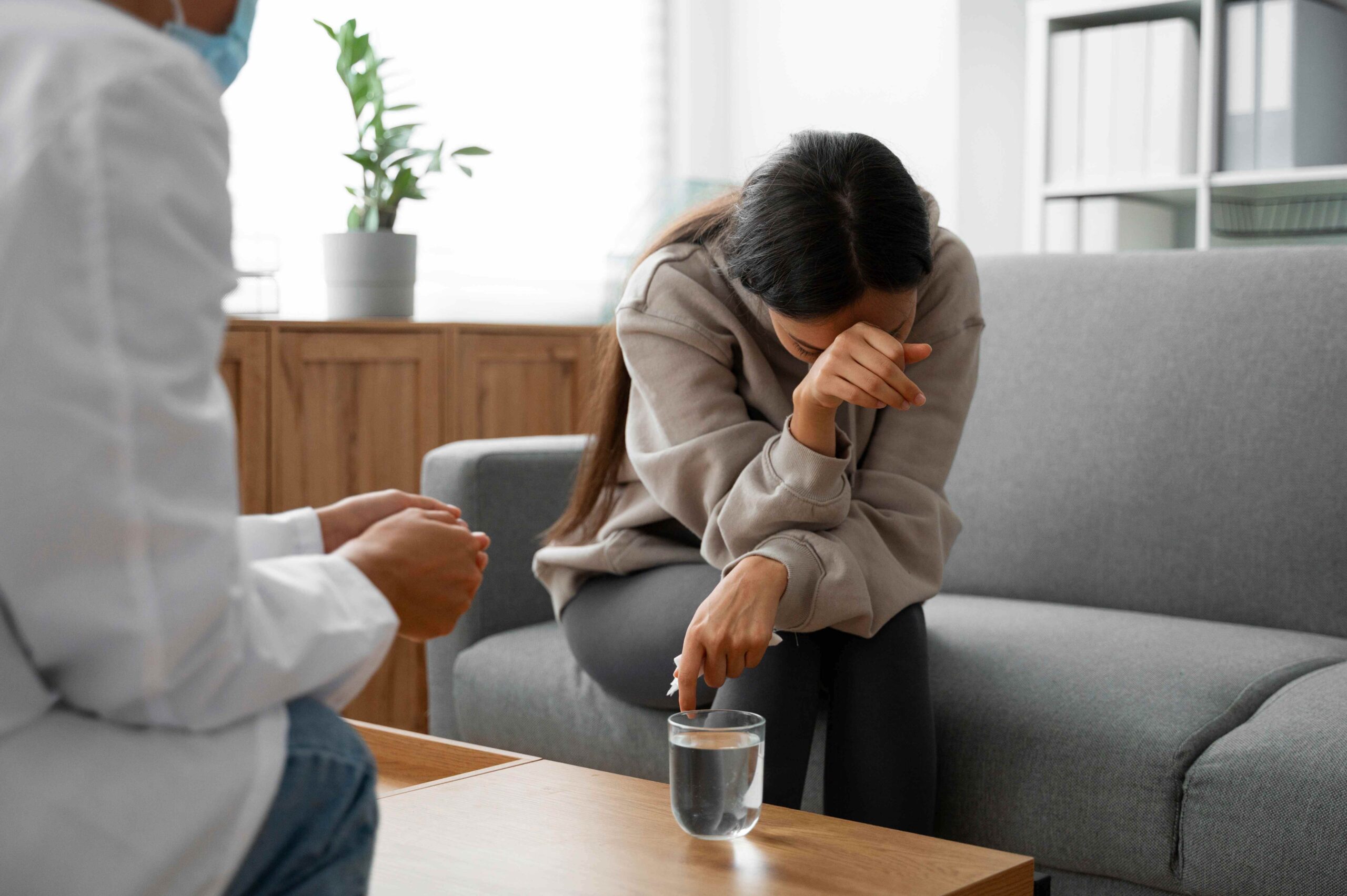
Drug Support
Whether you’re seeking advice about occasional drug use, dealing with dependency, or worried about someone you care about, you are not alone. At Healthy Sandwell, we are dedicated to providing the support you need on your journey to recovery. Remember, help is available, and we’re here for you.
Drug Services:
In Sandwell, our drug services, provided by Cranstoun and DECCA, are free, confidential, and non-judgmental. We offer a range of services to assist you:
- Advice and Information
- Overdose prevention and naloxone
- One-to-one sessions or groupwork
-
Support with accessing other services such as housing,
employment, benefits advice and health services
- Access to recovery opportunities in the community
- Access to substitute prescribed medication
- Needle exchange
- Access to peer support and mutual aid
- Support for families and carers support
How to Access Services
Your GP
Your General Practitioner can provide advice and guide you to available support.
Contact Healthy Sandwell
Reach out to our team for personalised guidance and local service information.
Your journey to recovery is unique, and we are here to support you every step of the way. Remember, reaching out for help is a courageous first step towards a healthier, brighter future. Contact Healthy Sandwell today to speak with our compassionate team and take that first step toward a life of wellbeing and recovery.
Worried about someone else?
If you’re concerned about a friend or family member’s drug or alcohol use, you’re not alone. The following information can help you with this challenging situation, offering tips on how to approach the conversation and providing resources for your own support. Remember, expressing your concern comes from a place of care and understanding.
Prepare for the Conversation
- Educate yourself about the substances involved. Visit Talk to Frank for valuable information.
- Choose an appropriate time and place. Avoid times of intoxication and ensure privacy.
Ask Open-Ended Questions
- Encourage open dialogue.
- "How do you feel about your drinking?"
- "How do you feel about drugs?"
- "What are some positives and negatives you see in drinking/using drugs?"
Be Patient
- Recognize that discussions on this topic may evoke defensiveness. Assure them of your support and give them time to process the conversation.
Start the Conversation
- Use "I" statements to express your worries and feelings.
- "I'm concerned as we've noticed you've had a few hangovers lately, and we miss our family time together."
- "I've noticed you don't seem like yourself, and I'm worried about you."
Listen
- Allow them to express themselves without judgment. Be attentive to underlying issues such as depression or trauma.
Get Help
- Suggest seeking professional assistance. Ask, "Do we need to get some help with this?"
Taking Care of Yourself
Before you can effectively support someone else, it’s crucial to care for your well-being. Helping others can be emotionally draining, and these organizations can offer support:
Al-Anon Family Groups
- Provides support to those affected by someone else’s drinking. Visit Al-Anon for assistance, regardless of whether the person is still drinking or not.
Adfam
- A national charity dedicated to improving the lives of families affected by drugs and alcohol. Visit Adfam for empowerment and resources.
Cranstoun
- Offers advice and support to adults impacted by someone else’s drug and/or alcohol use. Explore their services at Cranstoun.

Remember, taking the initiative to address these concerns is an act of love and support. Together, we can navigate through difficult times and work towards healthier, happier lives.
What to do in an emergency
Taking drugs can pose serious health risks, and understanding the potential dangers is crucial for your well-being. At Healthy Sandwell, we emphasize the importance of informed choices. For more information on the risks associated with drug use, please visit Talk to Frank.
Eliminating Risks
While the best way to eliminate risks is to avoid drug use altogether, we acknowledge that emergencies can happen. If you or someone you know starts to feel unwell after taking drugs, call 111. In the event of unconsciousness, call 999 for an ambulance immediately.
Talk to Frank provides useful information about what to do in a drug-related health emergency.
Spotting an Opiate Overdose:
Opiate overdoses, especially with substances like heroin, are a significant short-term risk. Recognizing the symptoms is crucial:
- Loss of consciousness and unresponsiveness
- Choking, gurgling, or snoring sounds
- Slow, weak, or no breathing
- Difficulty walking, talking, or staying awake
If you suspect an opiate overdose, call 999 immediately. The call handler will guide you through what to do until help arrives. Naloxone is a medicine that temporarily reverses an opiate overdose. Anyone can use naloxone to save a life.
Naloxone Kits
Cranstoun provides naloxone kits and training to individuals who use opiates, as well as their families, carers, and professionals. To request a kit, contact Cranstoun here.
Buddy Up Scheme
For individuals using drugs alone, the Buddy Up scheme offers support. By downloading the app, users can connect with a Cranstoun volunteer to create a rescue plan in case of an emergency. It’s free, confidential, and a valuable resource for harm reduction. Learn more about the Buddy Up scheme here.